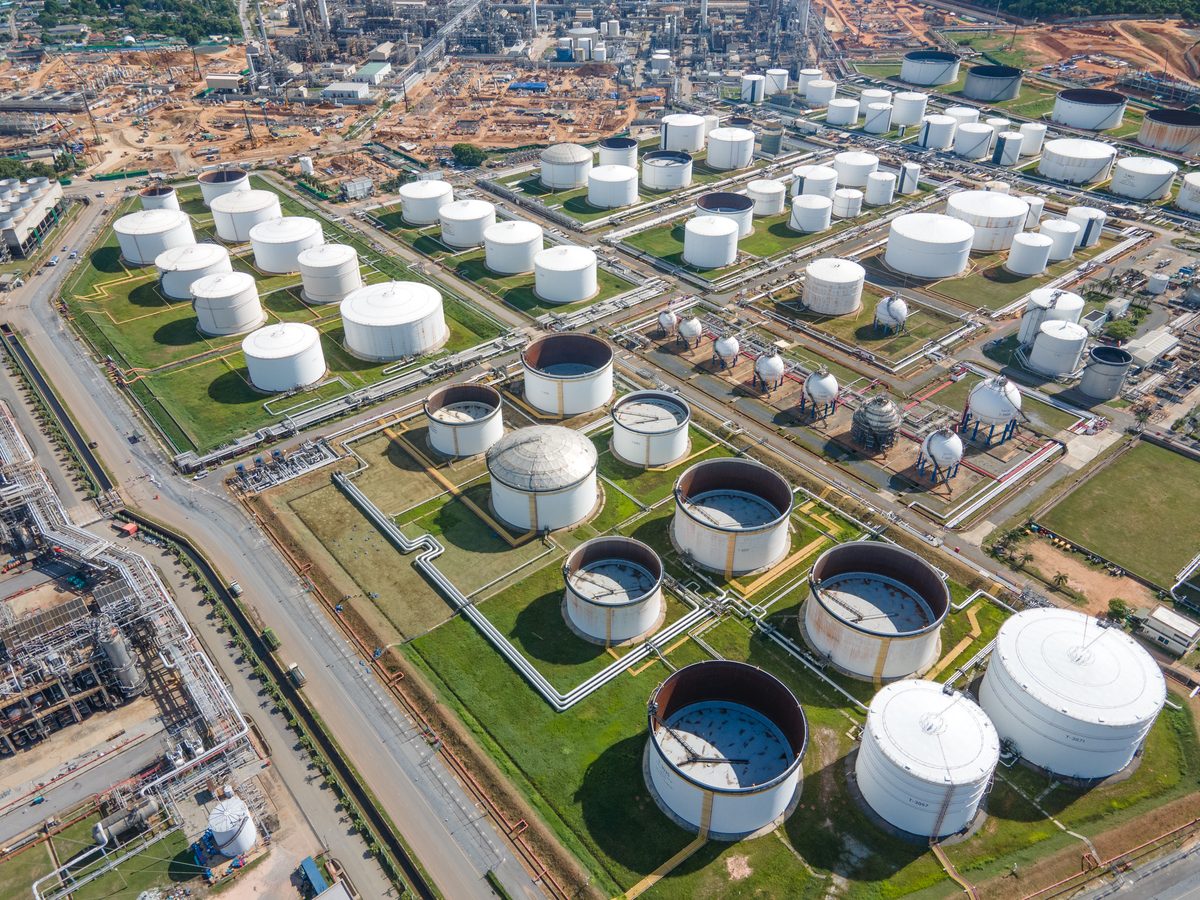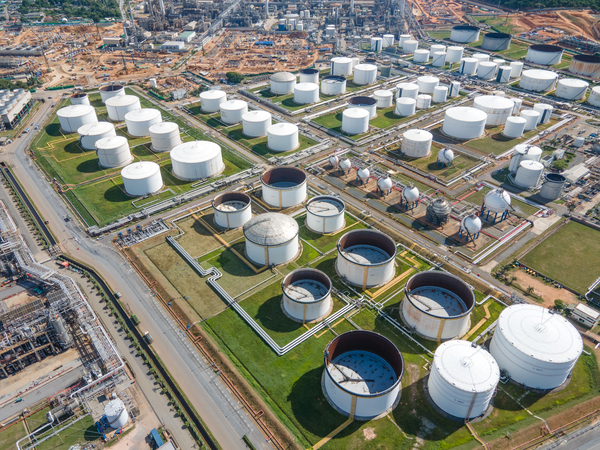IEA slashes oil demand growth forecast and warns that higher oil prices may trigger recession
“Disruptive market forces are multiplying as the world struggles to navigate the worst global energy crisis in history," the International Energy Agency (IEA) says as it predicts oil demand growth to decline by 340,000 b/d to 1.9 million b/d in the fourth quarter.

PHOTO: The IEA now expects global oil demand to grow by less than it previously did. Getty Images
The Paris-based energy organisation expects economic headwinds to weigh on demand and has also trimmed its oil demand growth forecast for next year by 470,000 b/d to 1.7 million b/d, now expecting it to average 101.3 million b/d.
Criticising OPEC+’ largest production cut since 2020, the IEA says the move has “derailed the growth trajectory of oil supply” through the remainder of this year and next.
OPEC+ members agreed earlier this month to cut their production quotas by a combined 2 million b/d from November. The IEA estimates that OPEC+ output will actually only decline by around 1 million b/d, as the majority of its members have already failed to meet current production quotas.
Nevertheless, the IEA expects higher oil prices from OPEC+’s decision to cut production to lead to higher market volatility and that it “may serve as a tipping point,” as the global economy is already on the cusp of a recession given the combination of rising inflationary pressures and interest rate hikes.
According to the IEA, the core OPEC group produced 29.75 million b/d in September, while Russia and the other OPEC+ allies produced 14.95 million b/d. Iran, Libya and Venezuela are exempt from production targets.
Russia’s production remained 1.26 million b/d below its target in September. It has been the OPEC+ member that has underproduced the most compared to its quota.
S&P Global estimates that OPEC+'s September oil output stood at 38.73 million b/d, and that the gap between the group's combined production quota and actual production remained at 3.6 million b/d - roughly the same as in August.
Saudi Arabia and the UAE will bear most of the output cuts under the new quotas, while Russia will suffer further production losses as a result of the EU's embargo on Russian crude imports, says the IEA.
By Konica Bhatt
Please get in touch with comments or additional info to news@engine.online






